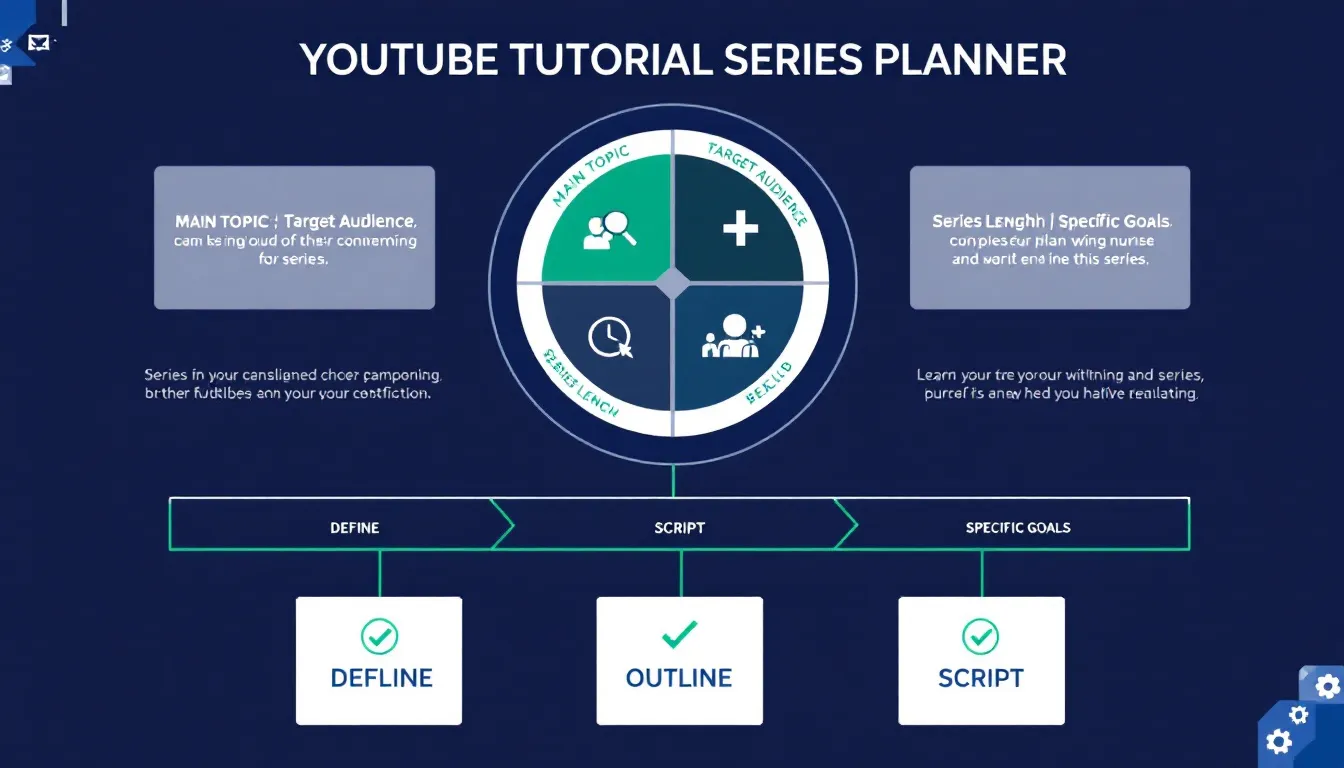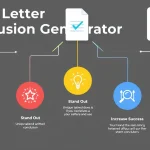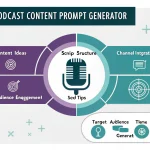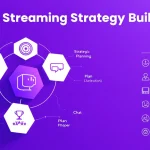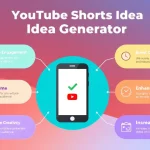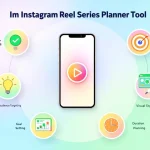YouTube Tutorial Series Planner
Generating your tutorial plan...
Is this tool helpful?
How to Use the YouTube Tutorial Series Planner Effectively
Follow these steps to create a well-structured and engaging YouTube tutorial series plan using this tool:
1. Main Topic Field
Enter the central theme of your tutorial series. This helps set the overall focus for your content. Here are two sample inputs you can use:
- “Introduction to Vegan Cooking Techniques”
- “Beginner’s Guide to Home Gardening”
2. Target Audience Field
Specify the group of viewers you intend to reach. Define their interests, experience level, or challenges to tailor your tutorials effectively. Consider these examples:
- “College students interested in healthy eating habits”
- “Novice gardeners living in small apartments”
3. Series Length Field
Set the number of episodes for your series. Though optional, this helps plan your workflow and content flow. Keep in mind:
- Complex topics may require more episodes to cover all aspects.
- Shorter series can keep viewers engaged and eager for more.
4. Specific Goals Field
Describe clear, actionable outcomes you want your viewers to achieve by the end of your series. This ensures every episode targets these improvements. Examples include:
- “Learn basic plant care, identify common pests, and successfully grow herbs indoors”
- “Master simple recipes, understand nutritional benefits, and plan weekly meal prep”
Introducing the YouTube Tutorial Series Planner
The YouTube Tutorial Series Planner is a practical content creation tool designed to help creators transform ideas into engaging educational series. It guides you through organizing your tutorial topics, defining your audience, and setting goals, ensuring you deliver valuable and coherent learning experiences.
By using this planner, you build a clear structure that makes your content easier to follow and more impactful for your viewers. It helps balance the depth and breadth of your material, keeping your audience engaged throughout the series.
Key Benefits of the Planner
- Organized Content Flow: Break down complex subjects into manageable episodes for better understanding.
- Audience-Focused Design: Tailor each tutorial to meet the specific needs and skill levels of your viewers.
- Goal-Oriented Planning: Ensure every episode moves your audience closer to measurable learning objectives.
- Efficient Resource Use: Plan ahead to optimize production time and keep your series cohesive.
Practical Usage of the YouTube Tutorial Series Planner
This tool helps you map out your entire tutorial series before you start filming. By filling in the main topic, target audience, episode count, and goals, you generate a tailored plan that outlines each episode’s focus, ensuring your content flows smoothly and meets your viewers’ learning needs.
Example Use Cases
Example 1: Photography Basics Series
- Main Topic: “Mastering Landscape Photography”
- Target Audience: “Outdoor enthusiasts with beginner camera skills”
- Number of Episodes: 8
- Specific Goals: “Understand camera settings, composition techniques, and lighting for landscapes”
Example 2: Personal Finance Series
- Main Topic: “Budgeting and Saving for Young Professionals”
- Target Audience: “Recent graduates starting their first jobs”
- Number of Episodes: 10
- Specific Goals: “Create monthly budgets, build emergency funds, and reduce debt effectively”
Planning Tips for Your YouTube Tutorial Series
Content Structure Strategy
- Begin with foundation episodes that introduce key concepts.
- Sequence lessons to build progressively on viewers’ skills.
- Include practice and application episodes for hands-on learning.
- Wrap up with reviews and advanced topics to reinforce knowledge.
Engagement and Retention Techniques
- Set clear objectives for each episode to maintain focus.
- Use relatable examples and real-world applications.
- Track progress with quizzes or recap sessions where possible.
- Encourage viewer interaction through comments or challenges.
Measuring the Success of Your Tutorial Series
To evaluate how well your series performs, consider tracking these metrics:
- Viewer retention rates throughout the series
- Audience engagement via comments and shares
- Completion rates of practical exercises or assignments
- Feedback on learning outcomes and viewer testimonials
- Growth of your subscriber community and repeat viewers
Best Practices for Developing Your YouTube Tutorial Series
Building a Consistent Series
- Maintain uniform terminology and style across all episodes.
- Design episode links clearly so viewers understand content progression.
- Introduce concepts gradually, increasing complexity over time.
- Schedule regular recap videos to reinforce learning.
- Include opportunities for viewer questions and feedback.
Delivering High-Quality Content
- Mix teaching methods such as demonstrations, slides, and discussions.
- Use eye-catching visuals and clear explanations.
- Provide downloadable resources or checklists where applicable.
- Incorporate practical exercises to solidify understanding.
- Create calls to action that encourage viewer participation.
Important Disclaimer
The calculations, results, and content provided by our tools are not guaranteed to be accurate, complete, or reliable. Users are responsible for verifying and interpreting the results. Our content and tools may contain errors, biases, or inconsistencies. Do not enter personal data, sensitive information, or personally identifiable information in our web forms or tools. Such data entry violates our terms of service and may result in unauthorized disclosure to third parties. We reserve the right to save inputs and outputs from our tools for the purposes of error debugging, bias identification, and performance improvement. External companies providing AI models used in our tools may also save and process data in accordance with their own policies. By using our tools, you consent to this data collection and processing. We reserve the right to limit the usage of our tools based on current usability factors.
